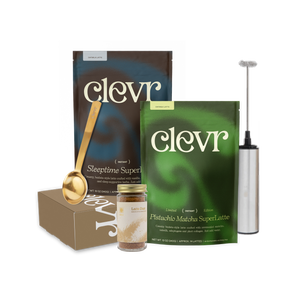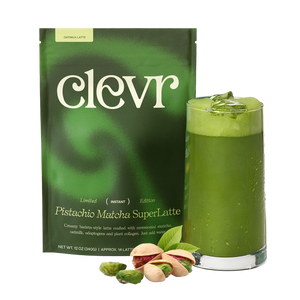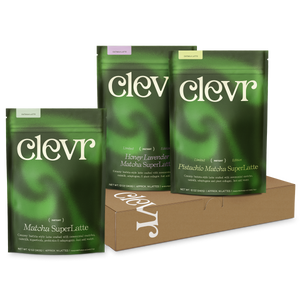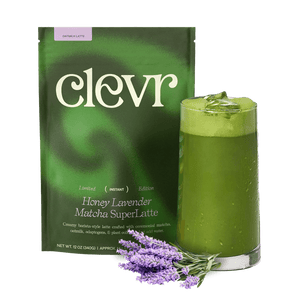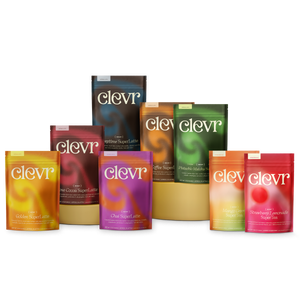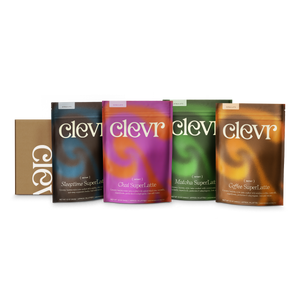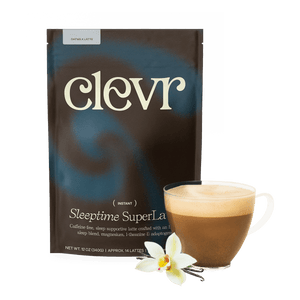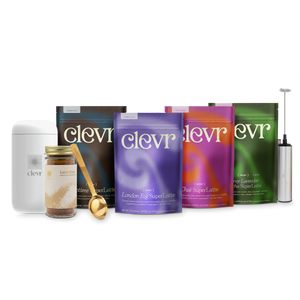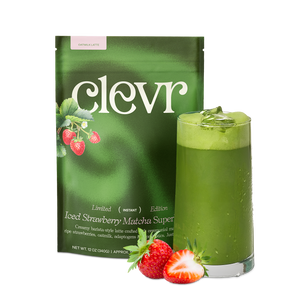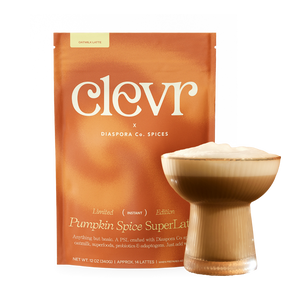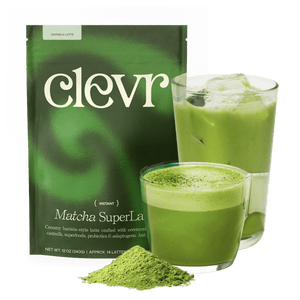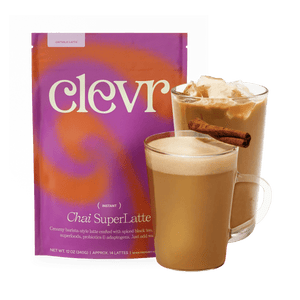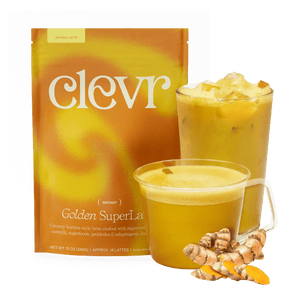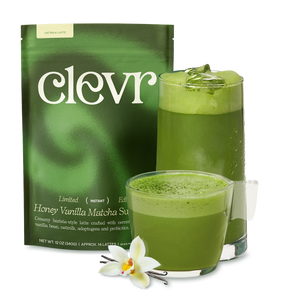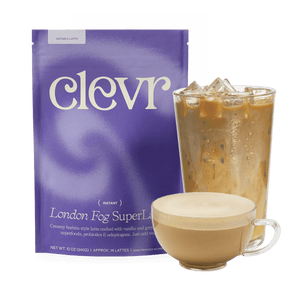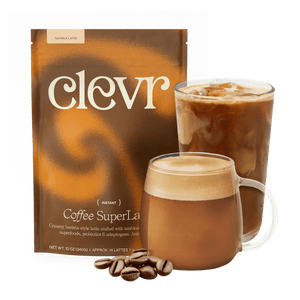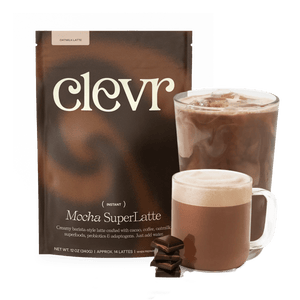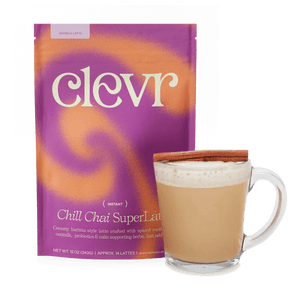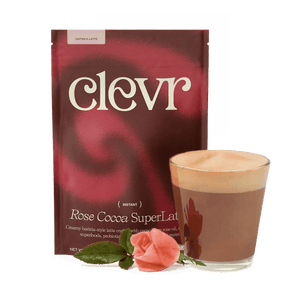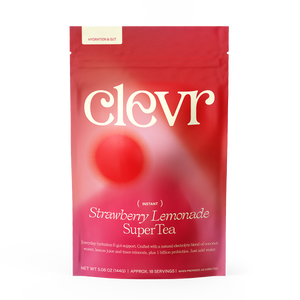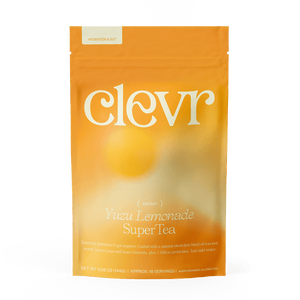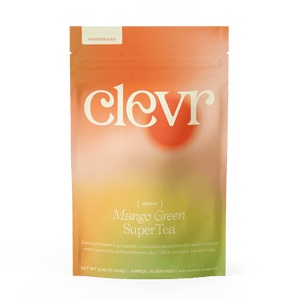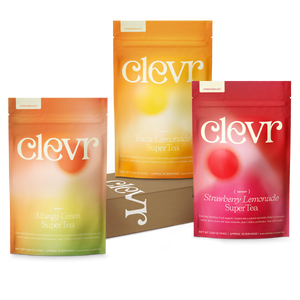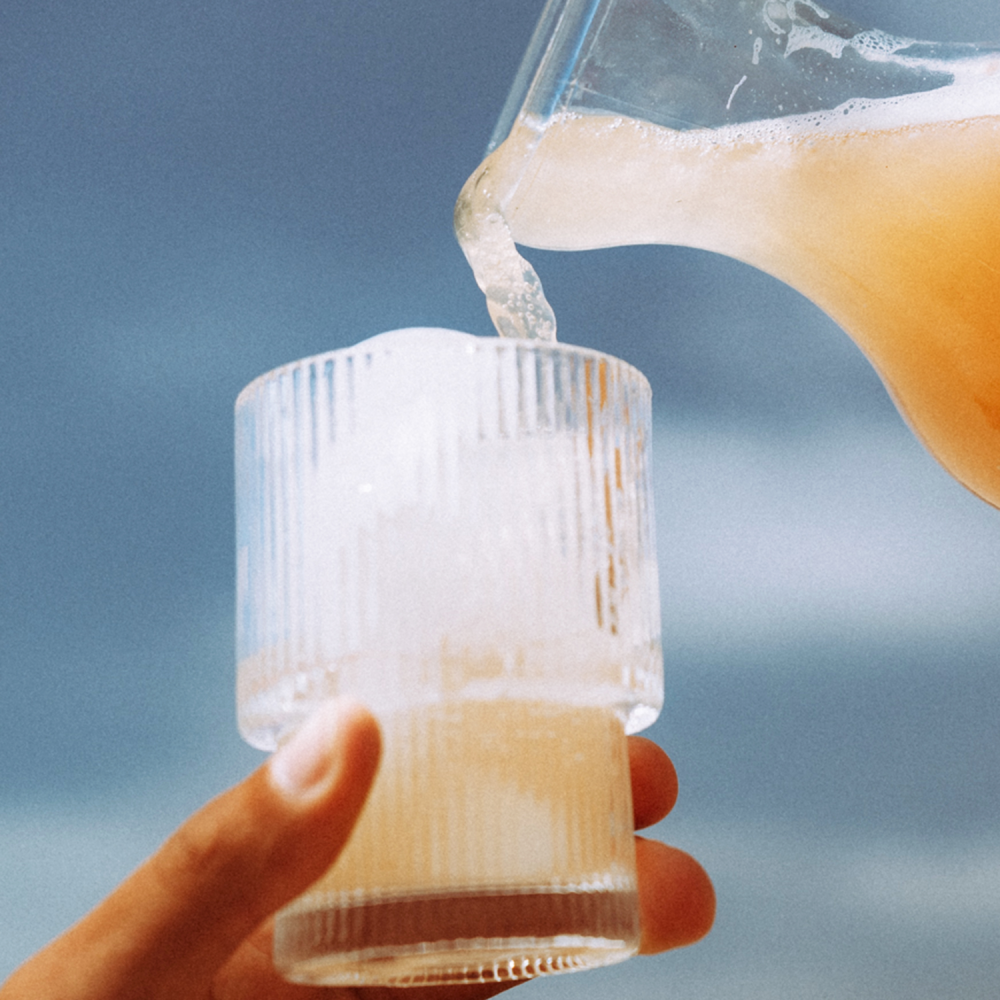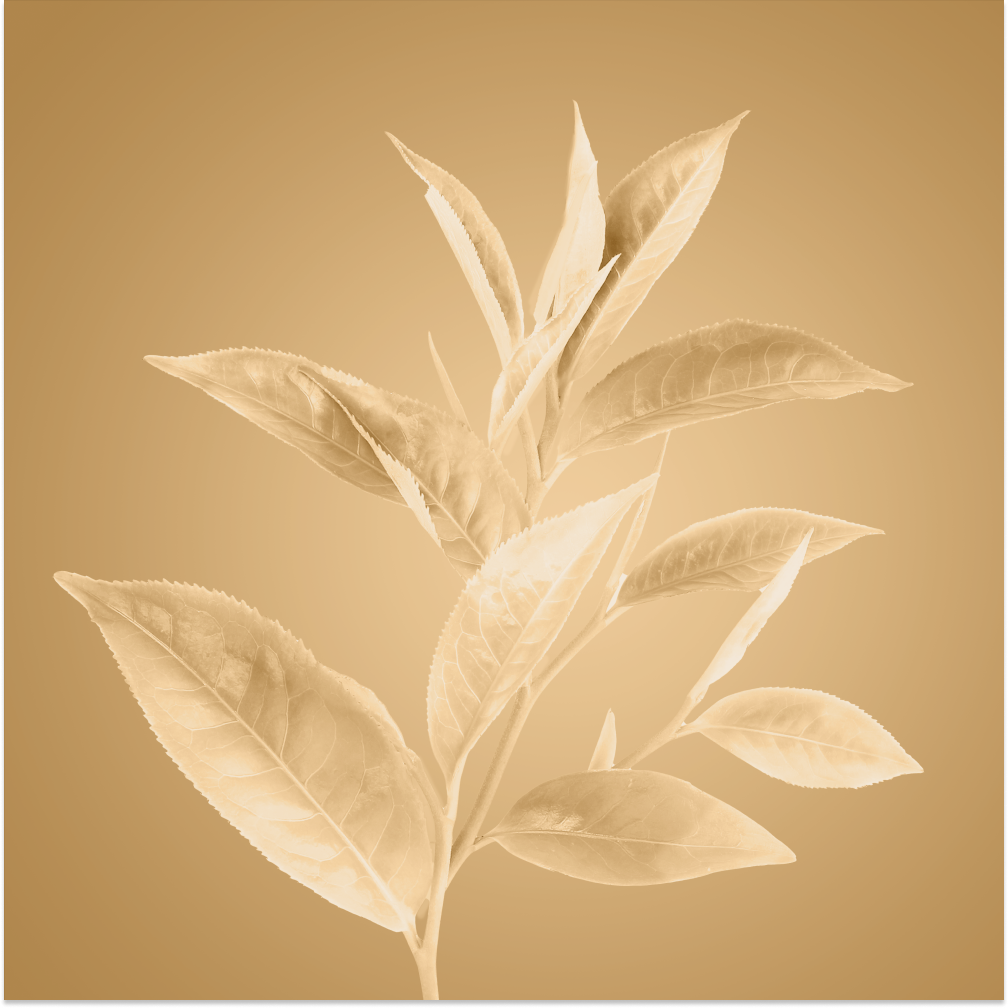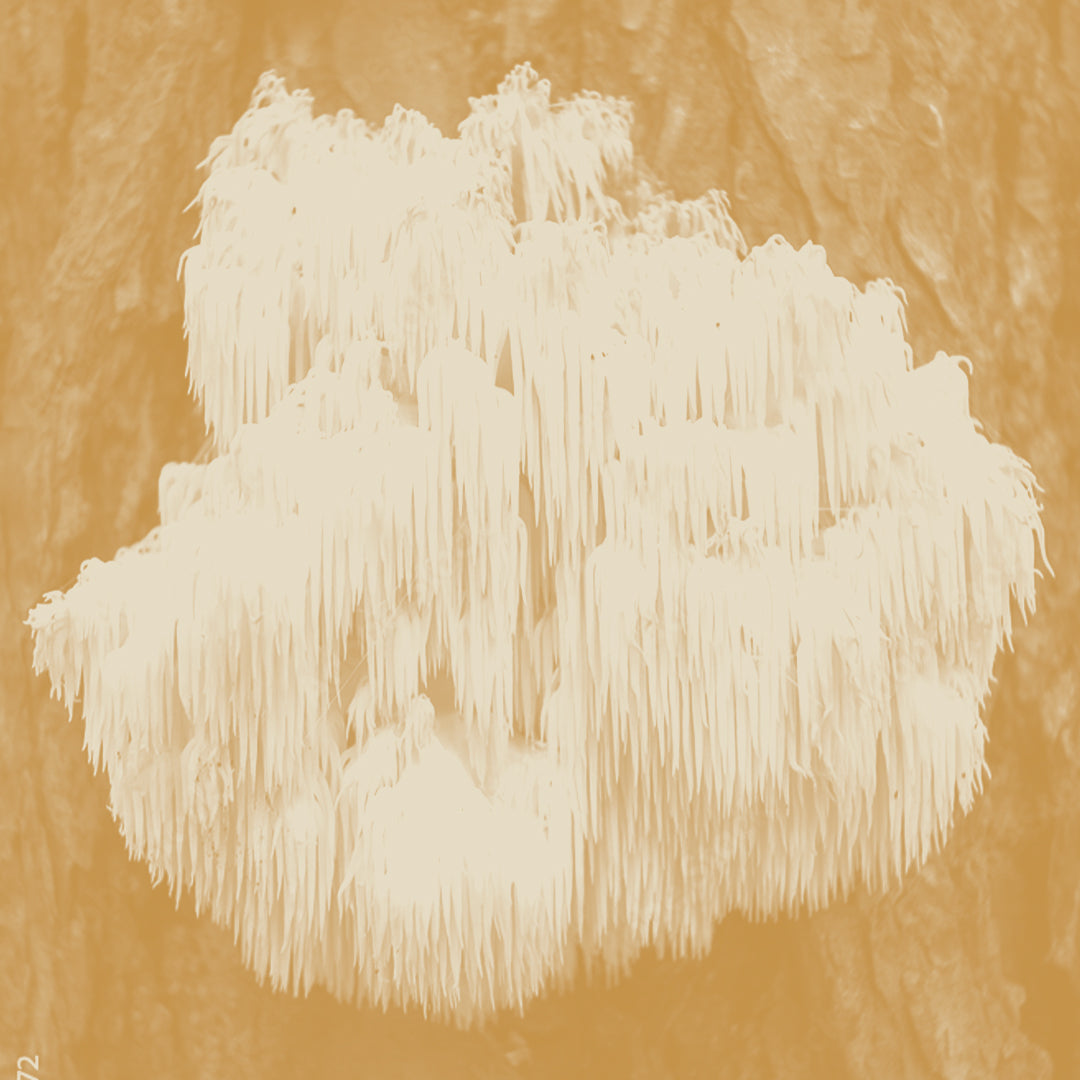
The Scoop on Lion's Mane
With mind-clearing, mood-healing benefits this good, you’ll want to make this mushroom a daily ritual
Whether your brain is feeling a little foggy from stress or you need extra focus for a big work project, Lion’s Mane could be the perfect natural nourishment. Named for its shaggy, hair-like fibers (that look like a lion’s mane), this mushroom has been long loved for its positive effect on memory and mental clarity.
That’s why we added a rigorously tested, 100% organic Lion’s Mane extract to each of our SuperLatte recipes. They’re your daily brain boost in a mug.
Read on for the scoop on this antioxidant-packed ‘shroom, from its origin story to why “fruiting bodies” matter.
Backstory
Grown in mountainous regions around China, Japan, and Korea, Lion’s Mane mushroom — also called yamabushitake or monkey’s head mushroom — has been a prized plant among East Asian healing traditions for centuries (Royal Society of Chemistry, 2013; International Journal of Molecular Science, 2020). In China and Japan, it’s been used as a tool to support digestion, treat gastric ulcers, cure insomnia, and strengthen the spleen — your body’s first line of defense when it comes to germs (Journal of Restorative Medicine, 2017).
But it wasn’t until the 1990s that Western medicine took note and started digging into just how potent this edible fungus can be.
Benefits
Ancient healing modalities like Traditional Chinese Medicine looked to Lion’s Mane to support five internal organs — the liver, lung, spleen, heart, and kidney. Today, it’s typically revered for its brain-boosting benefits. The mushroom is packed with polysaccharides and other nourishing compounds that help stimulate nerve growth factor, a protein that’s critical to your neurons (Journal of Restorative Medicine, 2017). Paired with powerful antioxidant and anti-inflammatory properties, Lion’s Mane has been found to support memory, communication, and other cognitive functions (Royal Society of Chemistry, 2013).
There are potential mental health perks, too. Thanks to its antidepressant-like effects on the brain, new science shows that Lion’s Mane could be an effective tool to help people struggling with depression (International Journal of Molecular Science, 2020).
And formulation matters. We love nourishing our bodies with whole foods, but when it comes to Lion’s Mane, hot water extracts of this mushroom — like the kind we incorporate into our SuperLattes — pack more antioxidants than simply eating the mushroom (Royal Society of Chemistry, 2013).
Beyond the Mug
Spot some Lion’s Mane in the market? This is one you can easily incorporate into meals (because of its texture, people even use it as a meat replacement!). Simply cut off the thick bottom, sear slices on a skillet until its water content has evaporated, drizzle some olive oil, then remove from heat and top with seasoning.
Ask the Formulator...
Clevr CEO and Formulator Hannah Mendoza answers your burning questions.
Is it better to take Lion’s Mane right before I need to focus or on a daily basis?
“We believe in daily rituals not just for the something-to-look-forward-to factor, but also because a lot of nutrients do their best work when you’re taking them on the regular. The same goes for Lion’s Mane. Research shows that people who supplemented with Lion’s Mane daily had significant improvements in cognition, but when they stopped taking the mushroom, the benefits stopped, too (Phytotherapy Research, 2008).”
I’ve seen some Lion’s Mane extracts made from fruiting bodies and others come from the mycelium. What’s the difference?
“Fruiting bodies include the part of the mushroom you see above the ground, while mycelium is the complex living organism underground. When we set out to find the highest quality extract, we looked for the former because research shows that fruiting bodies have higher levels of brain-boosting polysaccharides compared to mycelium (Journal of Restorative Medicine, 2017).
On top of that, our Lion’s Mane is grown organically and wildcrafted in mountainous regions of China, without any fillers, starch, or grains, ensuring you get the purest, most powerful version. You could say you’re getting the lion’s share :) ”
